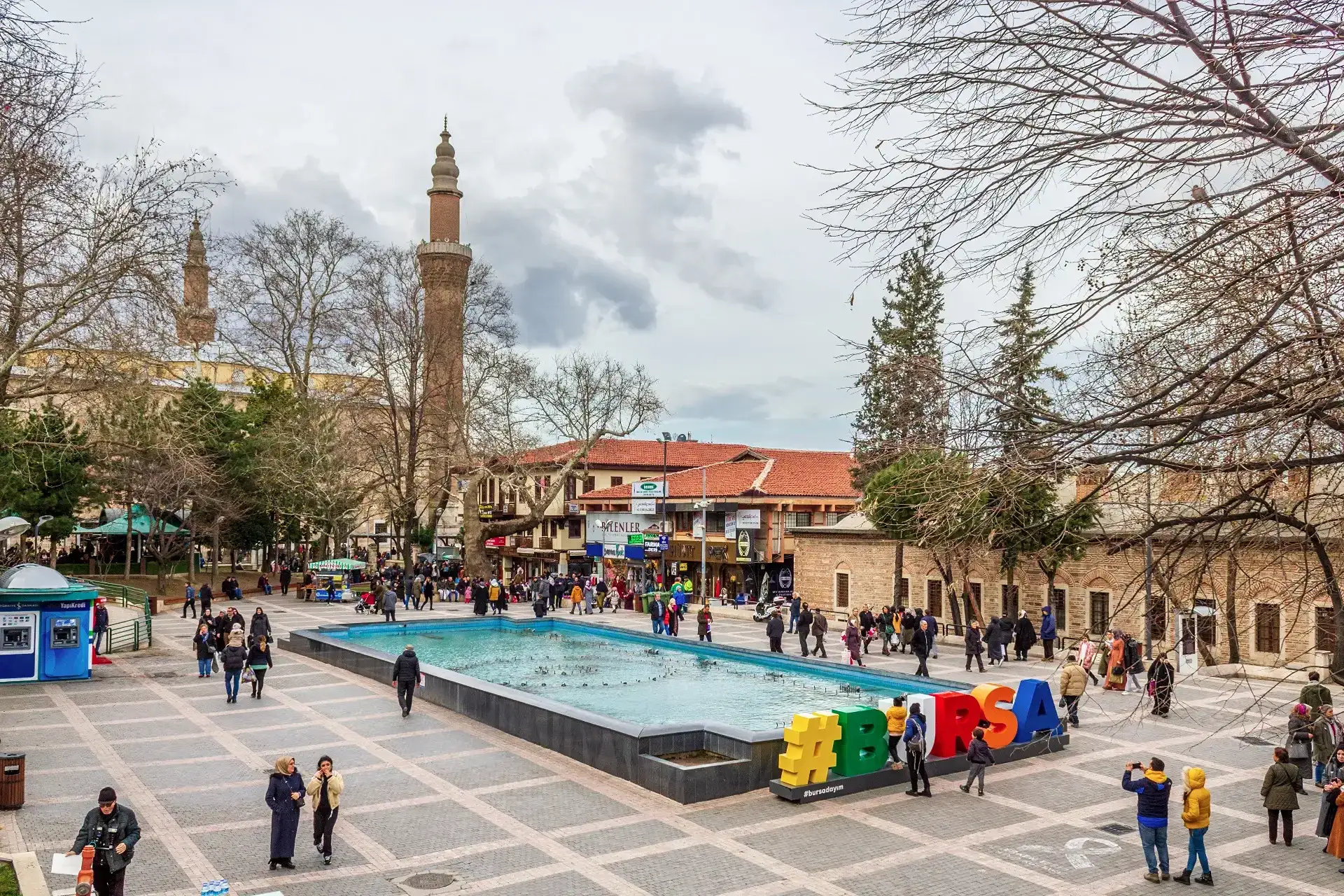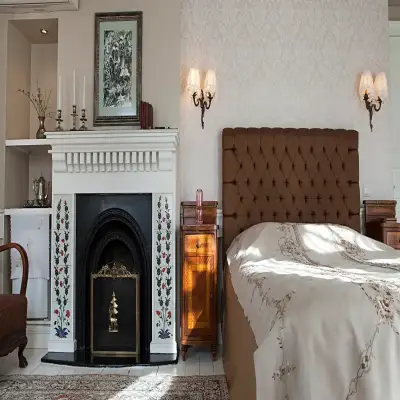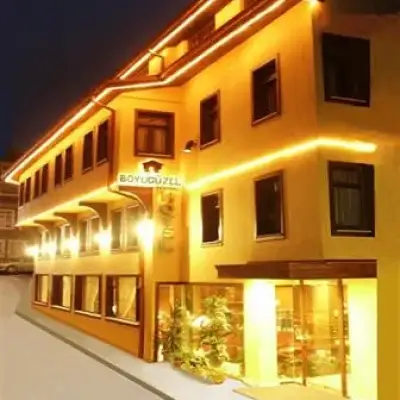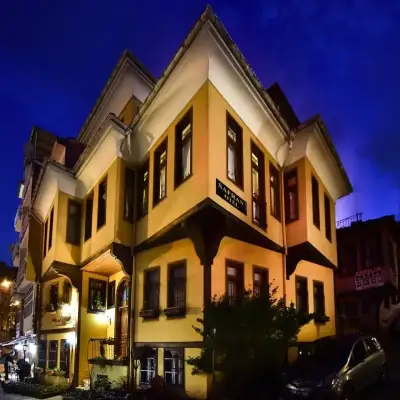
Bursa City Guide
The story of Bursa goes back much further than it is believed, to the 2000s BC, to the Kingdom of Bithynia. At that time, it was called “Prusa”. It is rumored that this name was taken from the Bithynian King Prusias. The fate of the city continues to be shaped during the Roman and Byzantine periods. But the real turning point came in 1326 when Orhan Gazi conquered the city. With this conquest, Bursa became the first capital of the Ottoman Empire. In other words, the foundations of the huge empire were laid here. Bursa was not only the administrative center; it also became the heart of trade. Thanks to its location on the silk road, silk trade enriches the city. Inns like Koza Han become the meeting point for silk traders. Even today, sitting in the courtyard of Koza Han, you can feel the lively trade atmosphere of the past.The capital of the Ottoman Empire was later moved to Edirne and then to Istanbul, but the importance of Bursa never diminished. Architecture, tiling, handicrafts and the madrasah tradition take root here. Especially in the 15th and 16th centuries, the city becomes a center of arts and crafts. During the Republican period, Bursa stands out not only with its history but also with its industrial power. It becomes the pioneer of the automotive, textile and food industries. But fortunately, this development has not erased history. On the contrary, the past has been carried into the present with the Great Mosque rising in the middle of the city, the Green Tomb stretching towards the sky, and the still-living inns and bazaars.Bursa's history lives not only in books, but also in the streets, tombs, inns, mosques and even in the stone coffeehouses where you drink tea. You are intertwined with history at every step and come across another story at every corner.
For accommodation suggestions, you can check our Bursa Hotels page.




